You Don’t Know What You Don’t Know

“You don’t know what you don’t know” In my parent group for those whose children think differently, a favorite phrase is “you don’t know what you don’t know.” This phrase has come to reassure me as I look back over the years. I carried guilt that I could never do enough and worried that I […]
The Re-Set Process
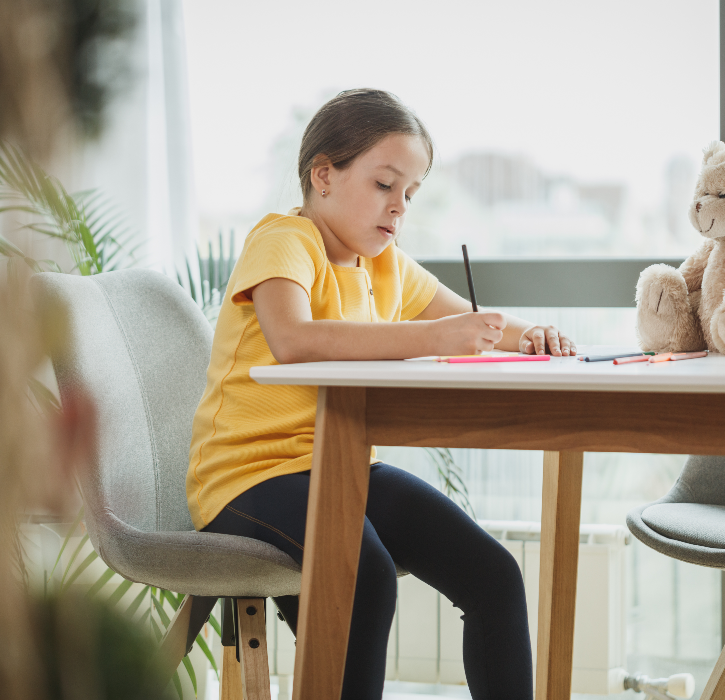
It began at TSS In February 2021, I had the honor of moderating Dyane Carrere’s session, “A New Way to Respond to Challenging Behavior: The Re-Set Process” at ATN’s virtual Trauma-Sensitive Schools (TSS) conference. Carrere’s approach to and heart for children from hard places impressed me. So much so, in fact, that I ordered her […]
Rupture and Repair: Emotions, Attunement, and Attachment
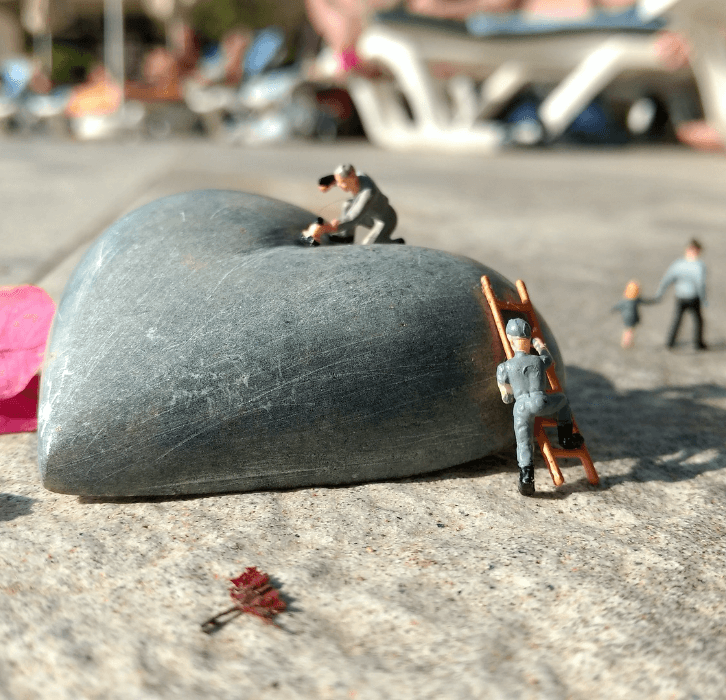
“Why do some children become sad, withdrawn, insecure, or angry, whereas others become happy, curious, affectionate, and self-confident?” developmental psychologist Edward Tronick, Ph.D. asked in a 1989 paper called “Emotions and Emotional Communication in Infants.” The answer lies in large part with the quality of emotional communication, or attunement, between parent and child. We don’t get […]
My Son’s Brain in School
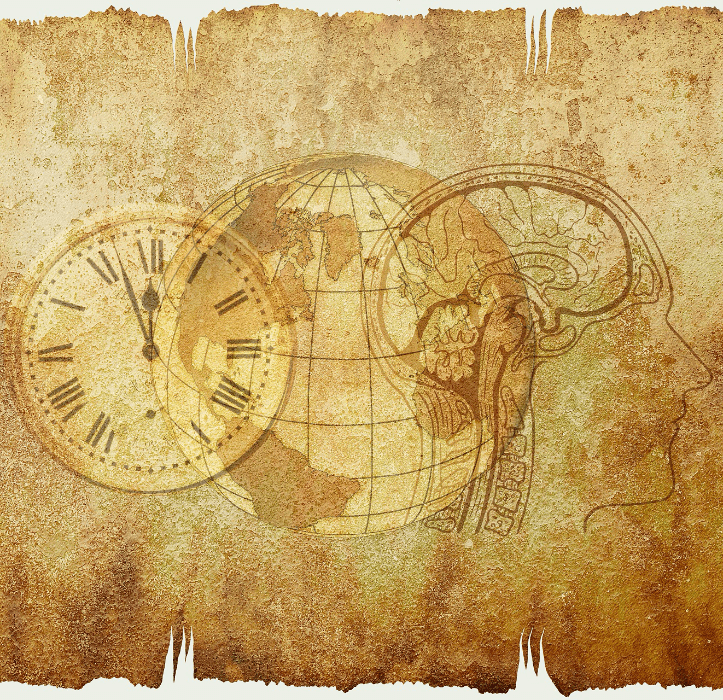
A neuropsychologist said of my oldest son: “His brain is not organized the way the world wants it to be, so he has problems functioning. But he doesn’t have behavior problems. His brain doesn’t do those.” My youngest son also has a brain that doesn’t fit the world he lives in, but his brain does […]
Child Trafficking: How Teachers Can Help

Child trafficking: from victim to advocate In 2019, I found myself in front of an auditorium full of school staff members from 70 Colorado school districts, speaking at a training on how to identify child trafficking. Several years earlier, my therapist had told me, “One day, you will be addressing the systems that failed you. […]
Jeannie’s Brave Childhood – The Author’s Story
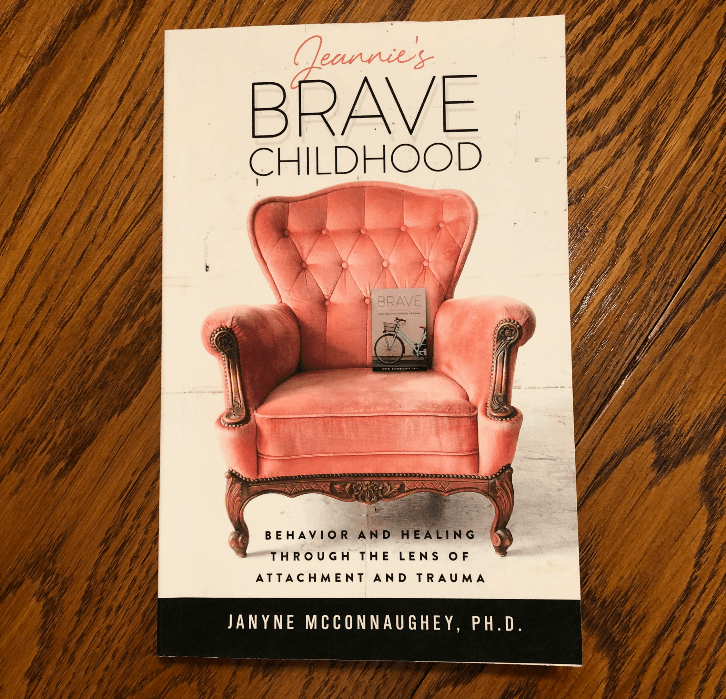
Having read and thoroughly enjoyed ATN board member Janyne McConnaughey’s first book, Brave, A Personal Story of Healing Childhood Trauma, reviewed here in June 2018, I had looked forward to immersing myself in her second, Jeannie’s Brave Childhood: Behavior and Healing Through the Lens of Attachment and Trauma. It was worth the wait. As a […]
Shame: One Mom’s Thoughts
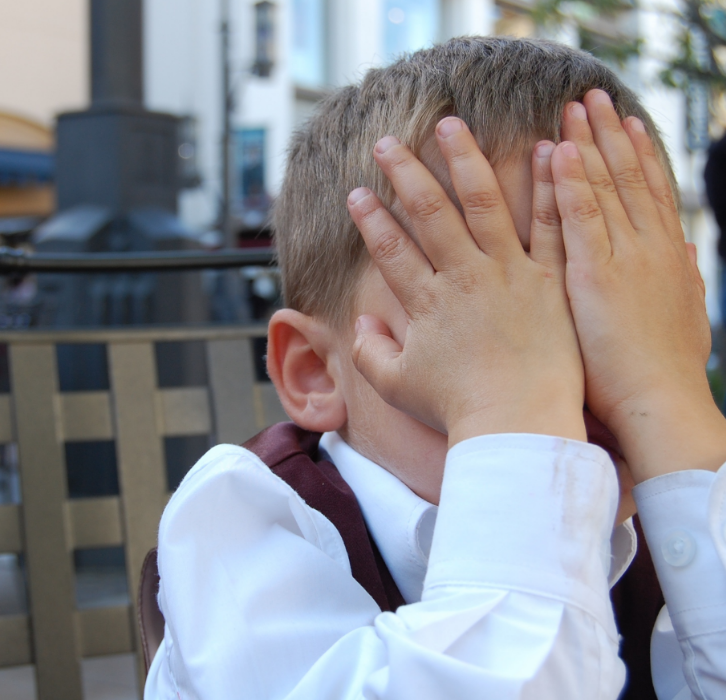
In the world of therapeutic parenting and developmental trauma, we hear a lot about shame. Professionals write lots of great articles about it. This is my perspective as a mom. When I first read about shame in our kids, I was pretty positive that my often narcissistic son could not have that issue. I looked […]
When My Son Cries for His Birth Mom
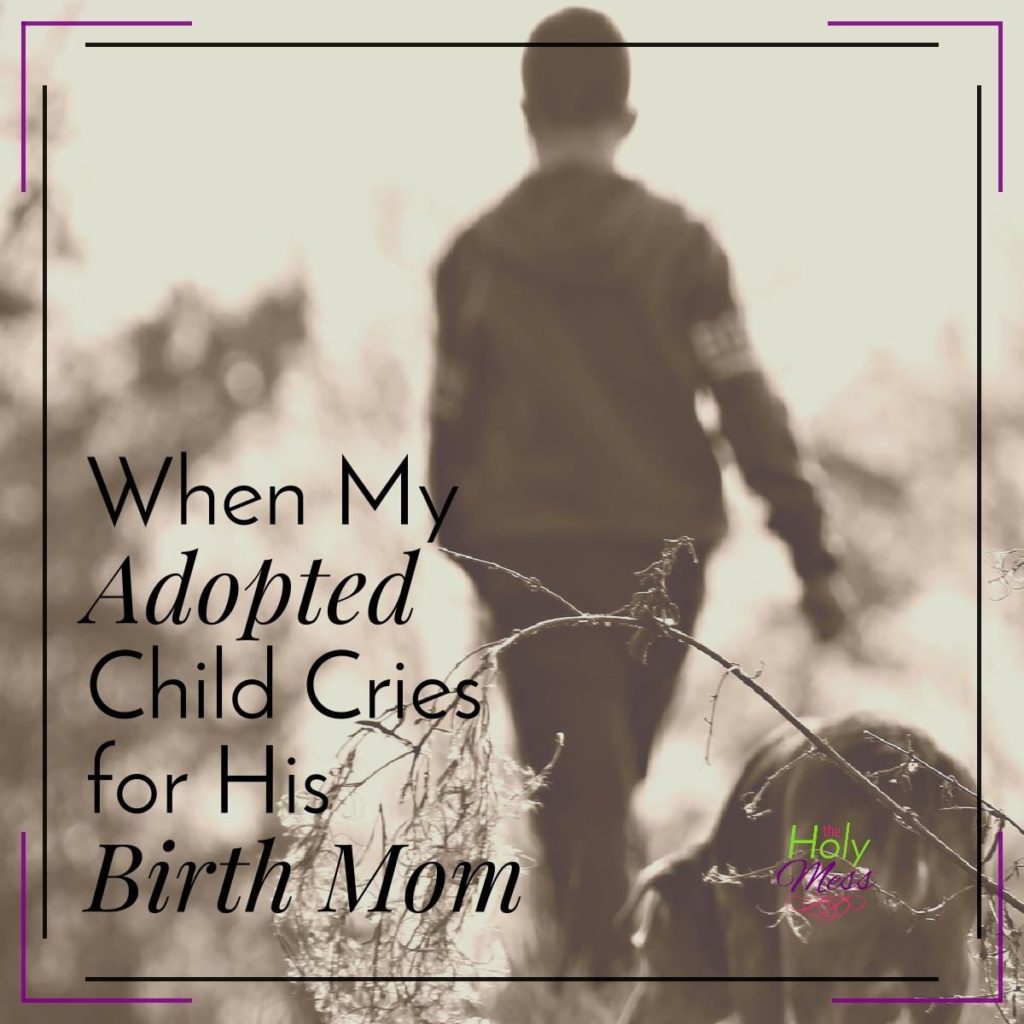
My son’s behavior has been improving. It’s really quite incredible when I think about the progress he has made in such a short amount of time. There has been no hitting. No biting. No long-lasting rages. Very little swearing. Still. When my adopted child cries for his birth mom, my heart breaks. He’s constantly agitated, like […]
Who Do You Trust the Most?
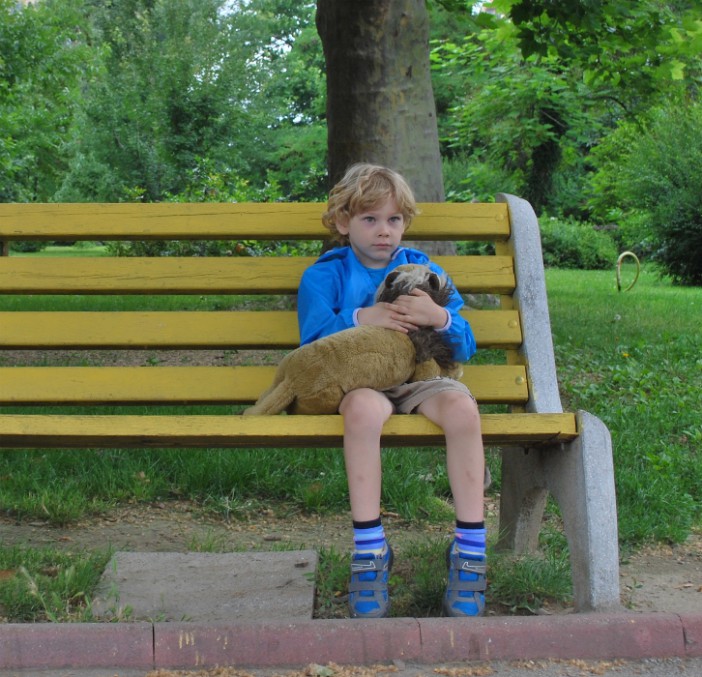
During a session with your therapist, she hands you a paper with three concentric circles drawn on it. They represent relative levels of trust in relationships. The central circle is who you trust the most. She asks you who you would put in that spot. You don’t answer. She pushes. You remain silent. Finally, she suggests your parents. You nod. You know that she needs you to nod.
Tis the Season of Everyday Celetastrophe

A new season is upon us. The glow from the dawn of the new year is on the wane. For some of us, it is in the company of the resolutions to which we swore our allegiance before we climbed into bed at 9:30 on December 31 – satisfied that 2019 would arrive whether or […]